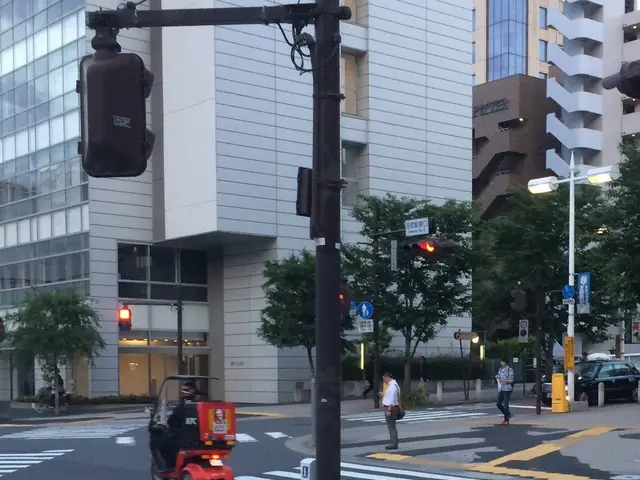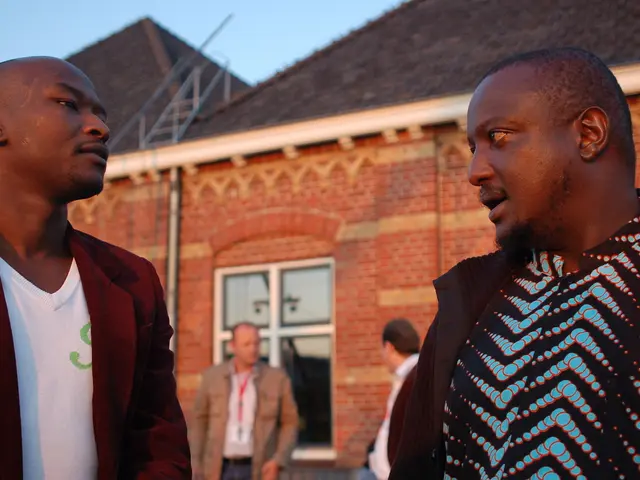Michelin Guide: Astronomical Controversy in Austria
The Michelin Guide's Restoration to Austria Is Mired in Controversy
After being absent for 15 years, the prestigious Michelin Guide has announced its return to Austria, but not without igniting a contentious debate since 2023. Known for recognizing top culinary establishments worldwide, the Michelin stars serve as a valuable currency in the global food industry, attracting wealthy tourists and generating revenue for restaurants, wineries, and related businesses.
The initiative to welcome the Michelin Guide back to Austria was taken by Susanne Kraus-Winkler, the former tourism state secretary. While local guides like Falstaff and Gault Millau raise funds through advertising and collaborations, the Michelin Guide requires direct payment. No provider could solely survive on sales.
The total cost for Michelin's participation amounts to 1.8 million euros and runs until 2026, with an option for two more years. Contributions for this expense were expected from Austria Werbung (AW) and regional tourism organizations, except for Vienna, which remained uninvolved. Although Vienna and Salzburg are listed in the Michelin Main City Guide upon the contract's signing, the other eight states now pressure Vienna's tourism director Norbert Kettner to participate in the financial contribution. They argue that Vienna should otherwise be treated unequally in the guide. Michelin maintains that the entire country will be "equally represented," with marketing activities merely emphasized in regions that foot the bill.
Head of the regional tourism organizations Didi Tunkel hopes for Vienna's collaboration, stating, "I am confident that Vienna will contribute." The states anticipate a base amount from Vienna and a fee for each award. However, Kettner is reluctant to comply, stating, "A majority cannot dictate who pays what where." He will not pay for something already provided in the city guide. Kettner believes the discussion started on the wrong foot, and the industry should not compensate for evaluations.
It is unclear how the funding is divided between the states and AW, as both parties agreed to confidentiality in the Michelin Guide contract. Notably, this distribution involves tax money. Critics, such as Wolfgang Rosam and the Hohenlohe couple, have raised concerns about public funding, as it could potentially distort competition. They may have been pacified with cooperations.
Tourism State Secretary Elisabeth Zehetner (ÖVP) comments on funding by stating, "The Michelin Guide is more than an award - it's an international quality seal for the creativity and passion of Austrian gastronomy." Such global visibility is strategically crucial for Austria's tourism. The €30.1 million budget, therefore, remains undiminished.
A star shower bestowed 82 restaurants with awards for 2025, with one star signifying a worthy stop, two signaling a detour, and three stars implying a journey worth taking.
[1] Allegations of lax inspection standards and bias in favor of French and Japanese cuisine have been raised previously in regard to the Michelin Guide's operations and recognition processes elsewhere. Some restaurateurs have also expressed dissatisfaction with the pressure and expectations that Michelin stars create.
(Andrea Hodoschek, HO)
- Regardless of the controversy surrounding its return, the Michelin Guide's influence in the United States, known for its lifestyle, technology, and sports-centric culture, could attract numerous tourists seeking to dine at top restaurants, boosting the local food industry.
- Despite Austria's successful collaboration with the Michelin Guide, some critics question the distribution of public funds, arguing that it might distort competition in other countries, especially in the United States, where technology enables swift communication and critical analysis of such decisions.








